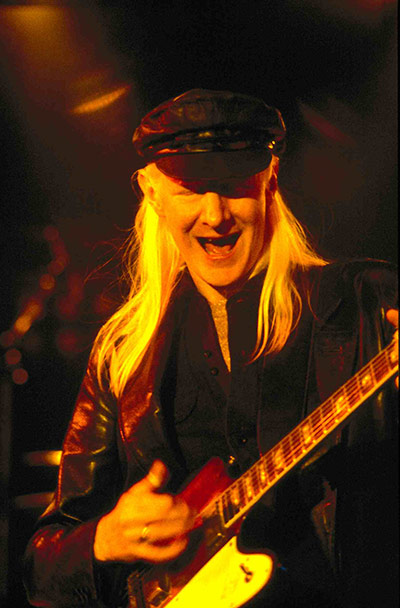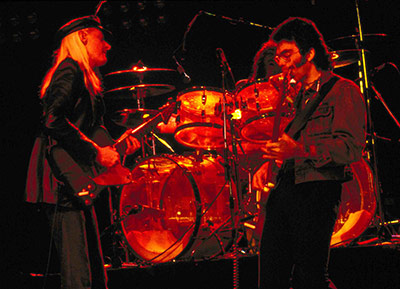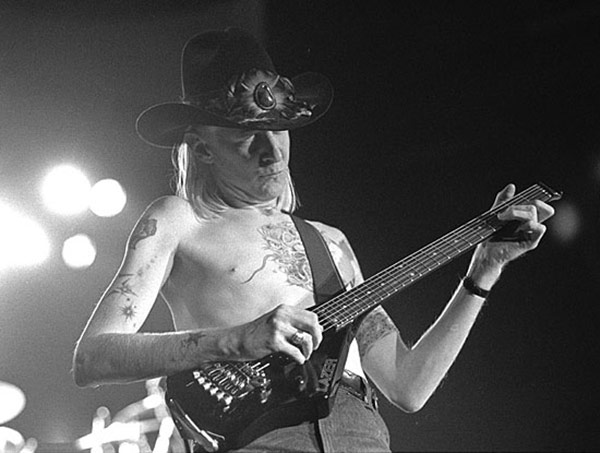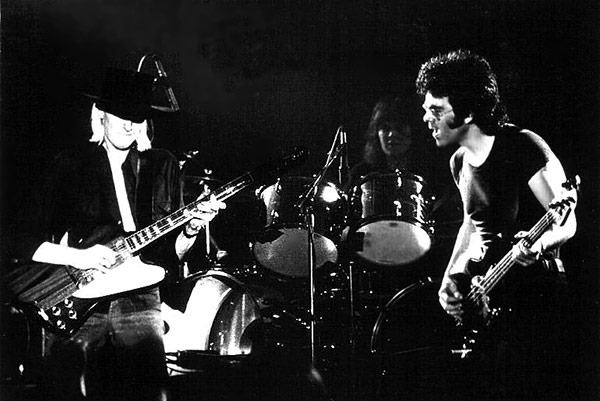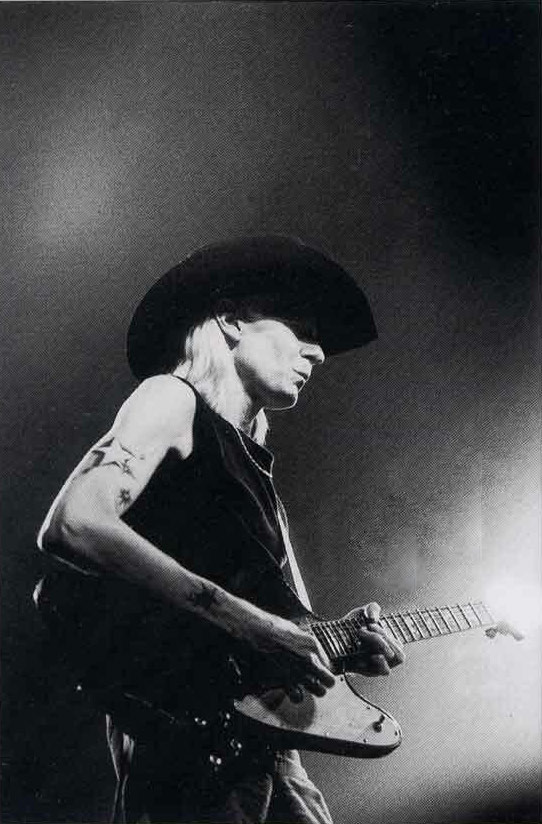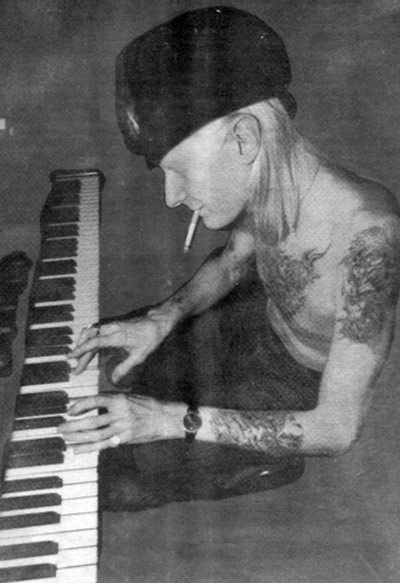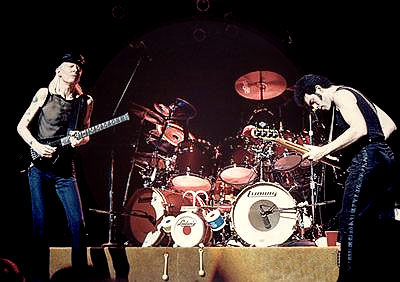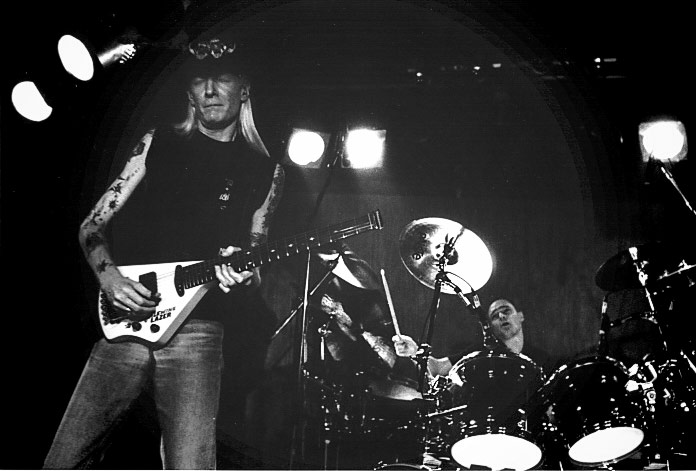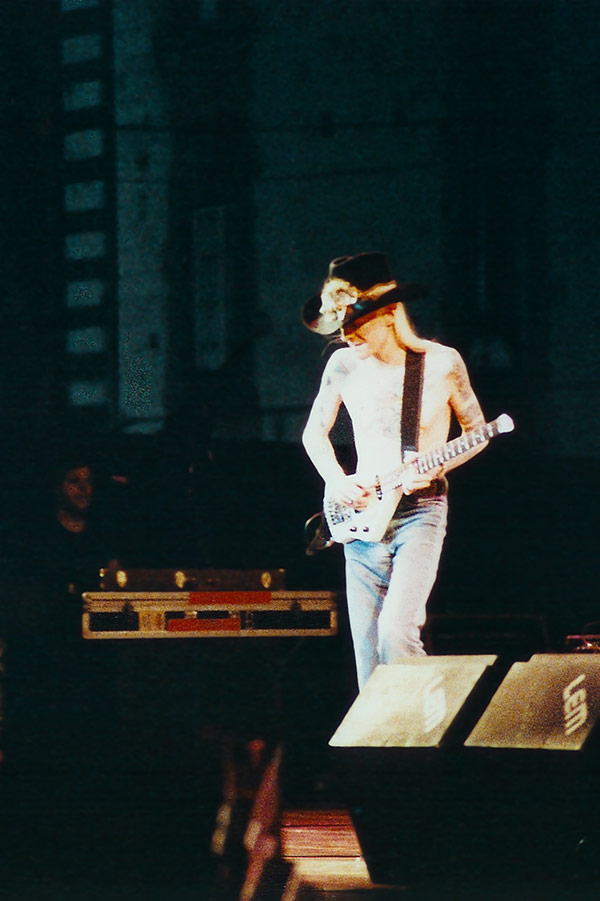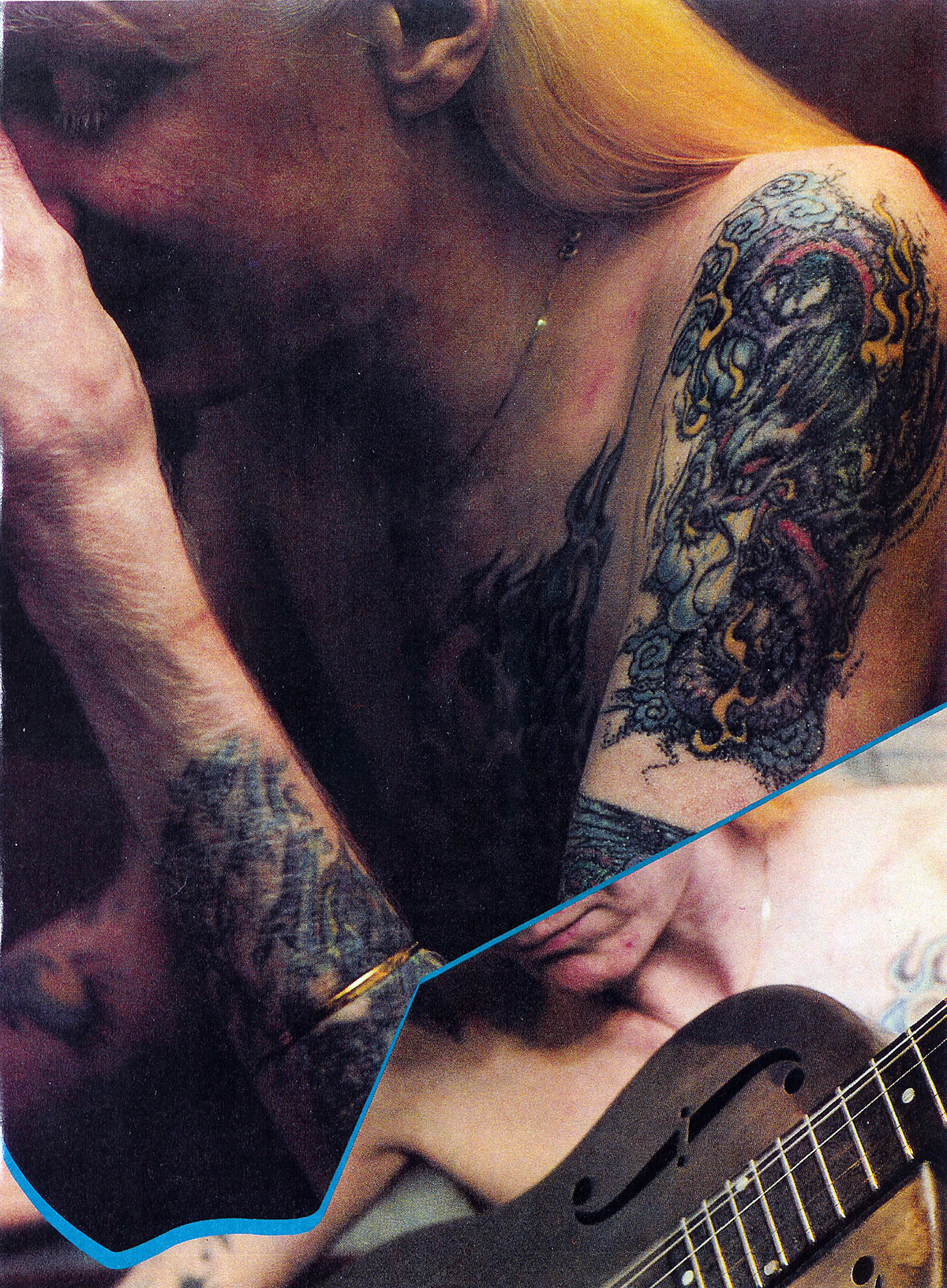Johnny Winter: A Master of Blues Revival and Reinvention (1980-1989)
-
In the 1980s, Johnny Winter continued to carve his path as a blues rock powerhouse, navigating both commercial success and creative evolution. This decade saw Winter reassert his passion for the roots of blues while embracing new production techniques and a changing musical landscape. Collaborations with Muddy Waters remained a key highlight, earning both critical acclaim and Grammy awards, while Winter's own releases further showcased his technical brilliance and deep connection to the blues tradition. Explore Johnny Winter’s journey through the 1980s, a period defined by resilience, reinvention, and unwavering dedication to the blues.
